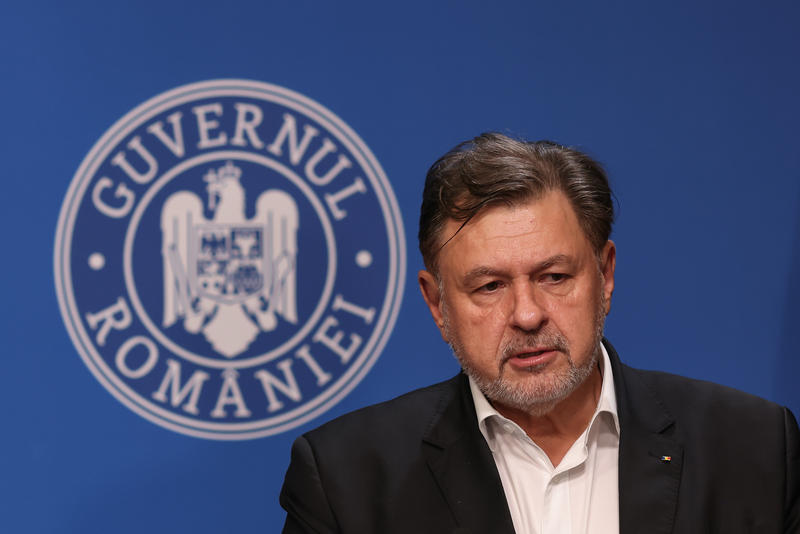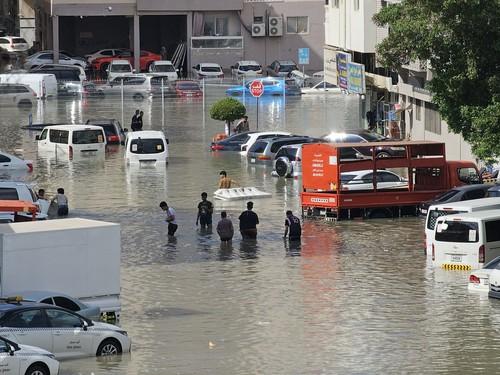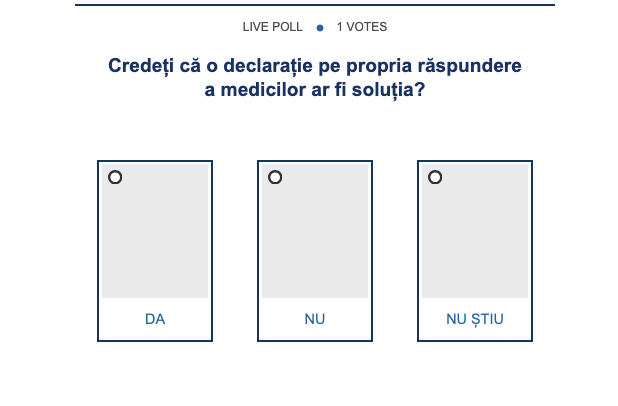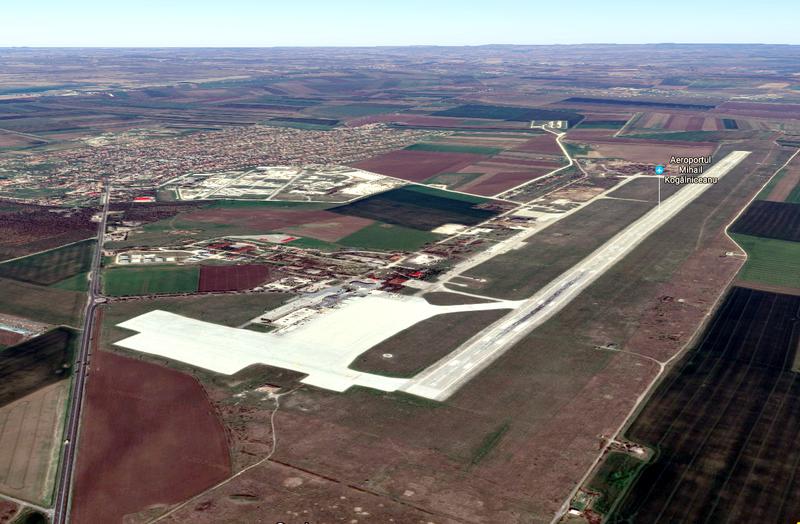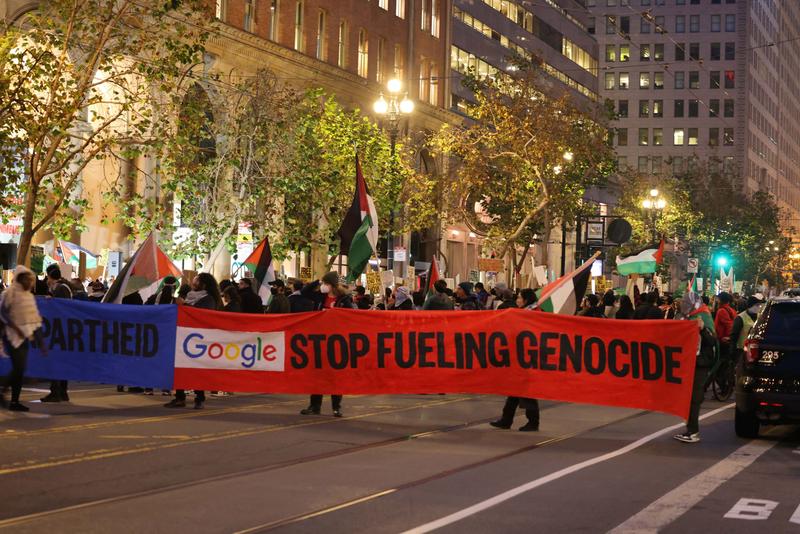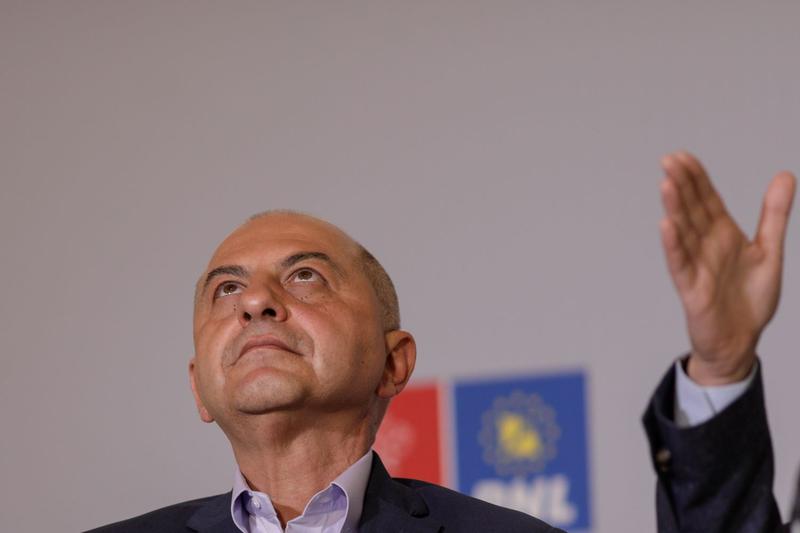As it often happens on Fridays, the news is scarce and mainly refers to adding and subtracting cash figures. On the menu today are: Romanians working abroad send home some 5 billion euros per year. Bucharest mayor Adriean Videanu wants to spend one billion on a controversial subway projects between Bucharest and the Otopeni airport.
Meanwhile, apartments in Bucharest are at least five times more expensive than in Germany.
The Supreme Magistrature Council (CSM) nominated the judges for the future special presidential commission. The commission has a simple, yet delicate job: to approve the criminal investigation against former ministers or ministers in office, in case the anti-graft prosecutors want to open a case, Jurnalul National reads.
The same CSM decided to keep in office the head of the 2nd department of the National Anti-Corruption Prosecution Office (DNA), prosecutor Doru Tulus. Tulus was hunted down by Justice Minister Tudor Chiuariu ever since Chiuariu was named in the Cabinet.
Despite some recent reports, indicating that there are a few management problems in the Department (Tulus' men handle most of the files on politicians), CSM rejected Chiuariu's demand to replace the prosecutor, Evenimentul Zilei informs.
The Bucharest real estate market has gone mad. The best prove is that a real estate fair in Bucharest introduces apartments in Eastern Germany, starting at 14,900 euros for 60 square meters. In Bucharest, the same money is enough to buy a parking lot that comes with the apartment in new residential areas, same Evenimentul Zilei reads.
The average price for a well-located 60 sqm apartment in Bucharest is 80,000 euros.
As if Bucharest had too much cash, mayor Adriean Videanu suggested - and the Local Council approved - the construction of an underground connection between Bucharest downtown and the Otopeni International Airport. The project is worth 1 billion euros.
The project faces major criticism, several experts showing that most capitals preferred to build the suburb subway rails above the ground, which would considerably lower the price, Gandul reads.
Not a major problem for Romania, anyway, with its annual 5 billion euros (some 4% of the gross domestic product) income from Romanians working abroad.
Romania thus ranks 3rd among the countries that receive money from immigrant workers, behind Russia and Ukraine. Although Moldova doesn't gain as much as Romania, the income represents 31% of its GDP, Romania Libera found out.


